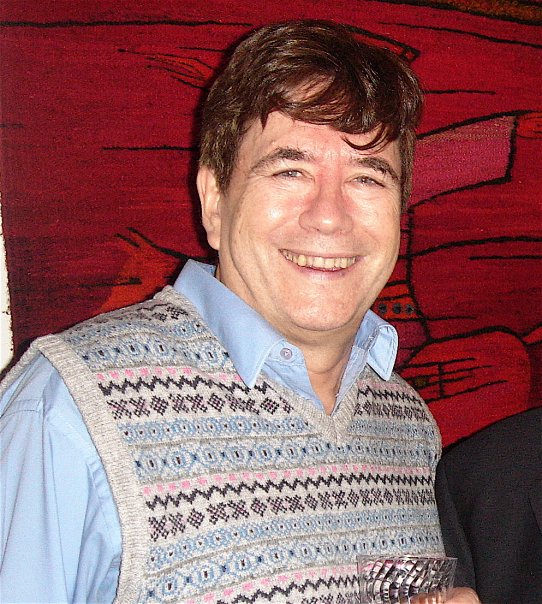
Research
Dr. Wagner is interested studies the development and function of the nervous system. His current focus is the bi-directional interaction between the nervous system and the immune function. In collaboration with Richard Granstein, he is exploring the innervation of antigen presenting cells. Sensory nerves form a synapse with antigen presenting cells in the skin and release the neuropeptide CGRP and epinephrine. We discovered that these neurotransmitters modify the ability of antigen presenting cells, biasing the immune response from a TH1 to a TH2 or an inflammatory response. We are taking a genetic approach to understand the role of Il-6 in signaling between the antigen presenting cell and the responding T cell. We are also interested in the ability of adenosine to act on cell surface receptors on antigen presenting cells to modify their ability to present antigen.
Dr. Wagner also collaborates with Dr. Lorraine Gudas and Dr. Xiao-Han Tang to study the therapeutic potential of retinoids on Type 2 Diabetes, Fatty Liver Disease, and cardiovascular health.
Current projects:
- How is IL-6 presented to naive T cells?
- Regulation of IL-6 expression
- Signaling by IL-6 receptors
Bio
Dr. Wagner received his Ph.D. studying virus assembly under Dr. Uli Laemmli at Princeton University. He did a NRSA Neuroscience Fellowship with Dr. Regis Kelly at the University of California, San Francisco, where he developed a method to purify synaptic vesicle to homogeneity and studied their molecular structure. He also developed a method to identify presynaptic proteins in the visual system and studied axonal transport. He then became an Assistant and Associate Professor in the Department of Chemistry at Harvard Medical School and Dana Farber Cancer Institute where he studied signaling by NGF and adenosine. He joined Weill Cornell as a Professor and Director of the Graduate Program in Neuroscience.
